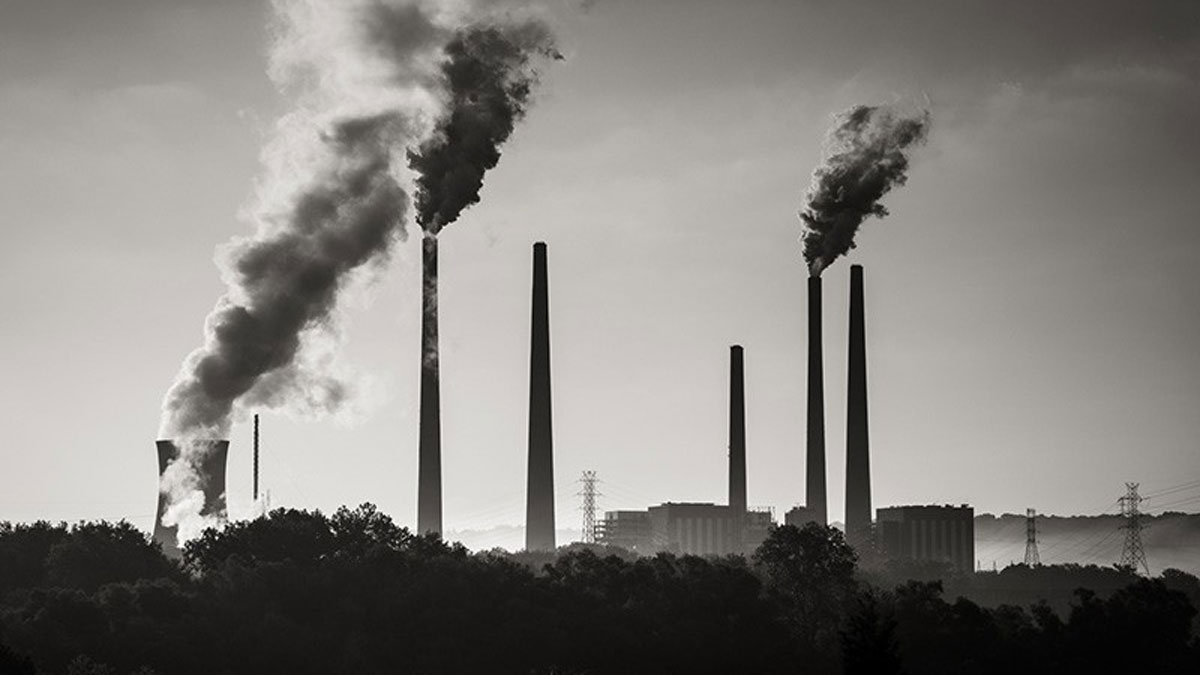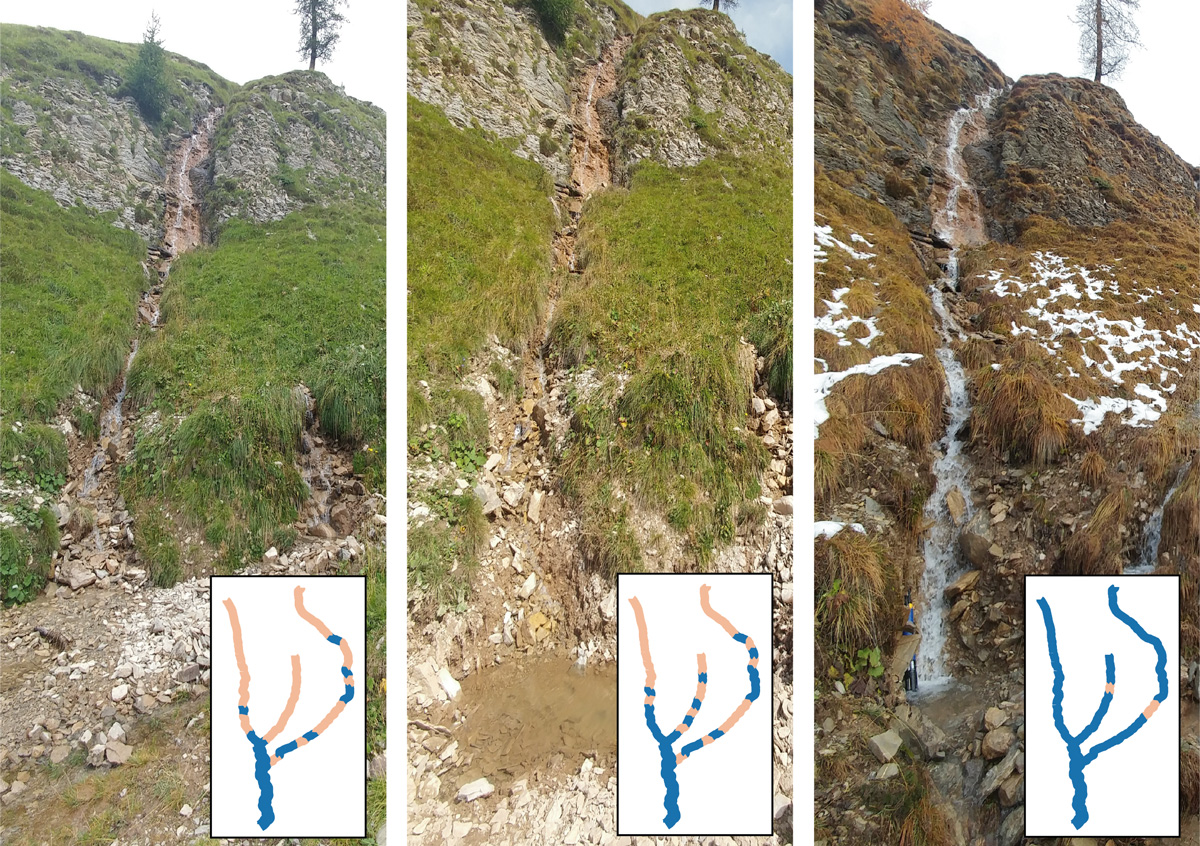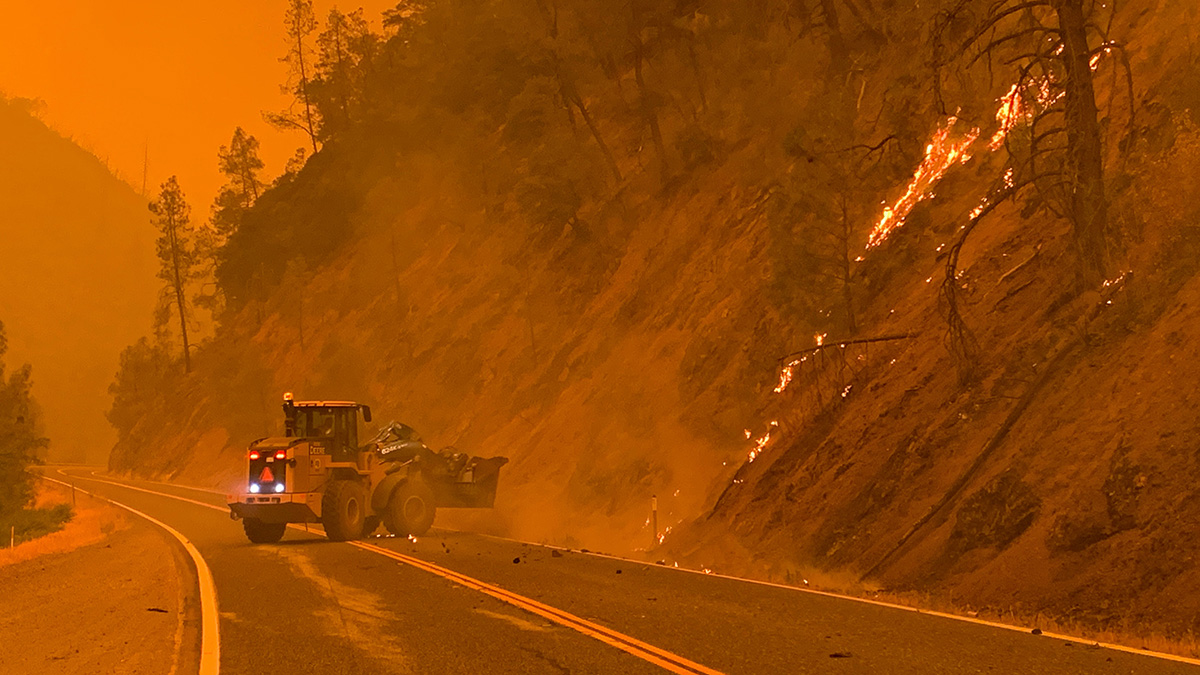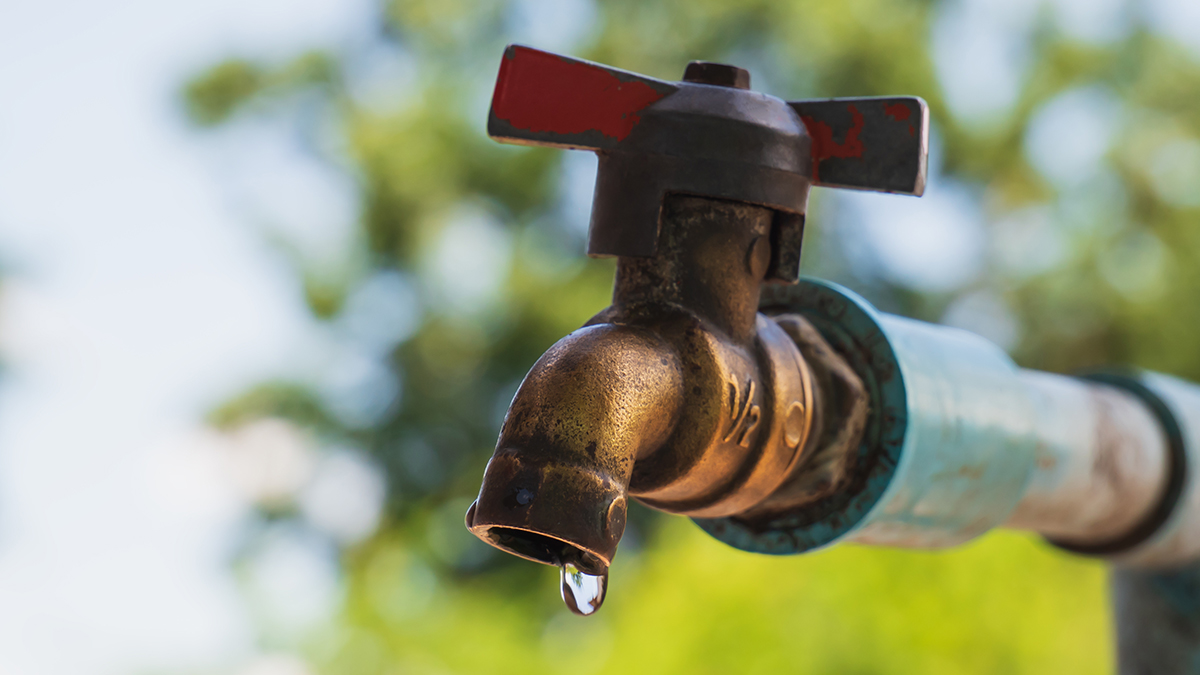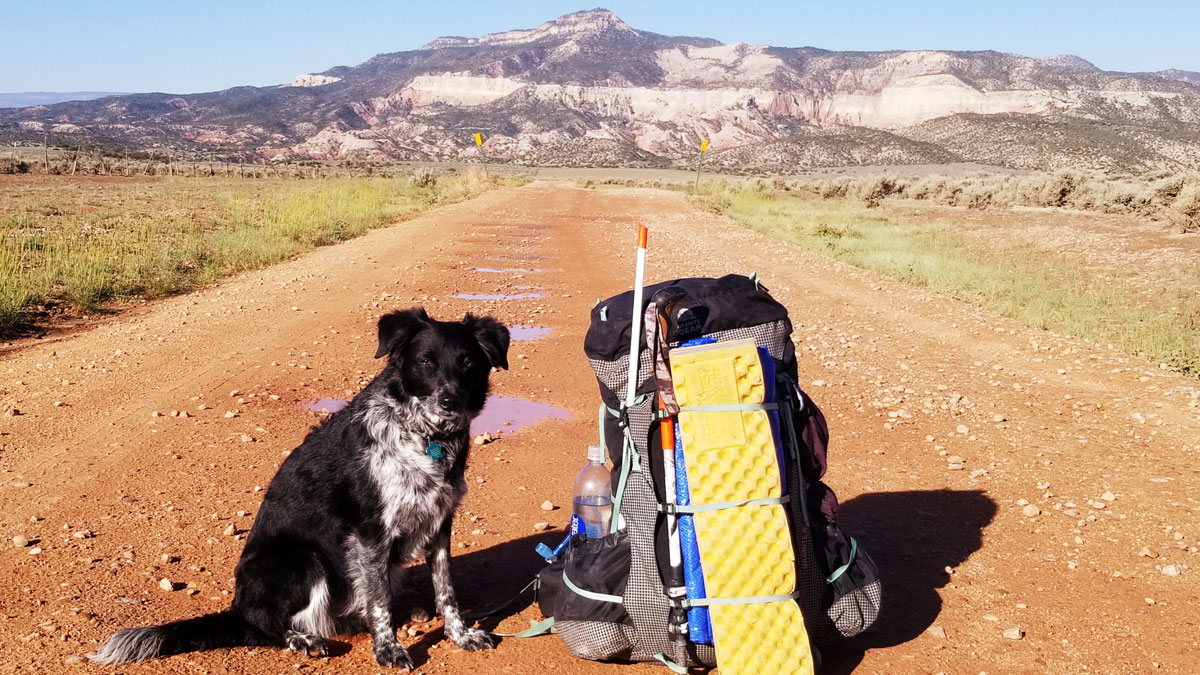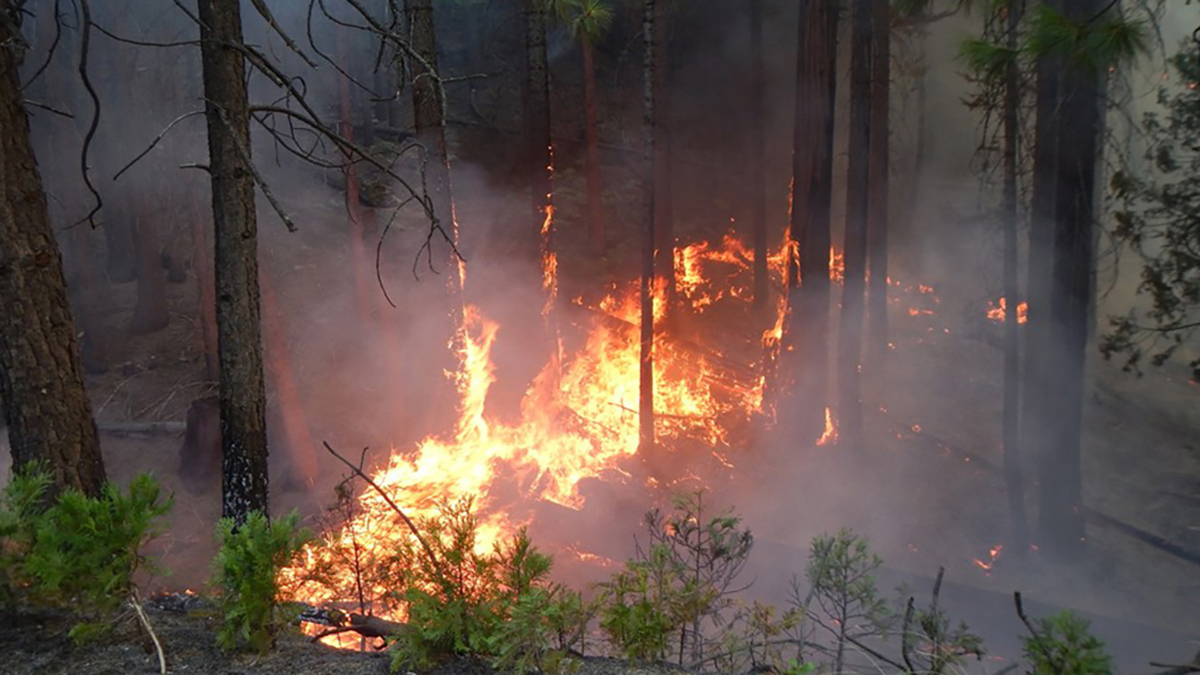Eliminar la contaminación del aire relacionada con la energía en los Estados Unidos podría evitar aproximadamente 50,000 muertes prematuras y ahorrar miles de millones de dólares al año.
United States
Algorithm Detects Thousands of Missing Levees from U.S. Database
An existing levee database accounts for just one fifth of the country’s actual total levee count, limiting the study of how these embankments affect riparian ecosystem health in the United States.
Quantifying the Health Benefits of a U.S. Clean Energy Transition
Eliminating energy-related air pollution in the United States could prevent roughly 50,000 premature deaths and save billions of dollars per year.
A Probabilistic Model for Classifying Temporary Rivers
The model relies on measurable broad-scale attributes, increasing its flexibility for use in diverse environments.
Wildfire, Drought, and Insects Threaten Forests in the United States
Western forest managers face a catch-22: They can keep carbon sequestered in trees by reducing controlled burns, but that creates denser forests at greater risk of going up in uncontrolled flames.
Uranium Detected in Latinx Communities’ Water Systems
The unsafe contaminant levels could not be attributed to differences in regional geology, water source, or community size. Researchers suggest they are due to a failure of regulatory policy.
Endangered Rivers Plagued by Pollution, Climate Change, and Outdated Management
The annual list of America’s Most Endangered Rivers includes practical calls to action to turn the tide on threatened U.S. waterways.
Incredible Journeys on the Crown of the Continent
Living in Geologic Time: The making, breaking, and backpacking of North America’s Continental Divide.
After a Hurricane, Coastal Systems Draw a Line in the Sand
A new study finds nature can’t have it both ways: On the basis of thousands of case studies from dozens of hurricanes, there’s always a trade-off between resistance and resilience.
U.S. Fires Quadrupled in Size, Tripled in Frequency in 20 Years
Changes including intensifying drought, expansion into burnable land, and an increase in human-caused ignitions have led to a shift in fire patterns.



